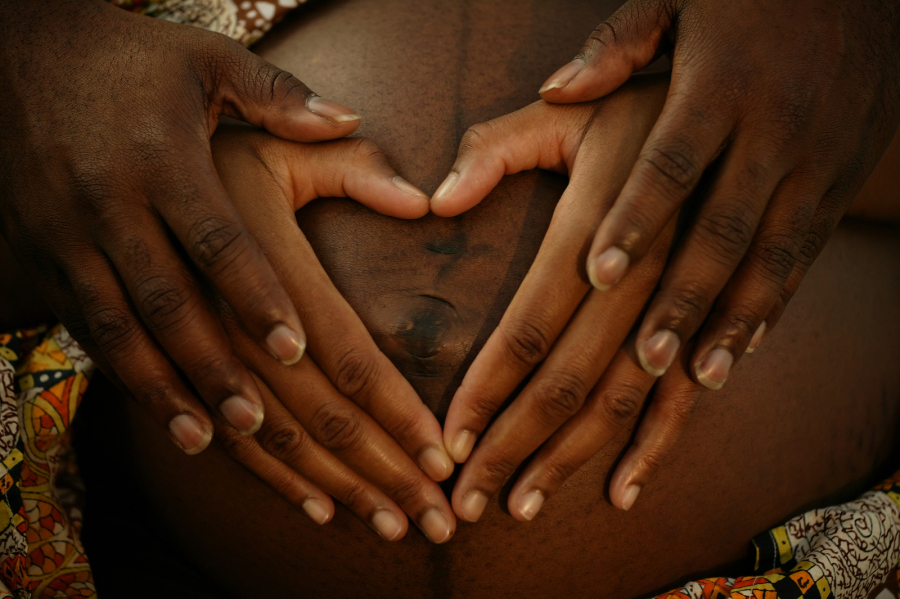Resilience in children of depressed mothers
Published on Thursday, 10 December 2015 Post
A paper exploring the mechanisms of resilience in children exposed postnatally to depressive symptoms has been published in PlosOne. The study, co-authored by a team of researchers including NPEU researchers Emily Savage-McGlynn, Maggie Redshaw, and Ron Gray, used data from the Avon Longitudinal Study of Parents and Children (ALSPAC), specifically focusing on the mother's views of parenting and experience of interacting with her child during the first 2 postnatal years and later behaviour at 8 years of age.
Symptoms of maternal postnatal depression have previously been associated with an increased risk of adverse effects on child development, including behavioural problems, cognitive difficulties, and attachment issues. This study found that resilience (or positive adaptation to adversity) was associated with two factors: 1) the mother's positive feelings about parenting, and 2) the child's nonverbal communication at 15 months. The identification of these factors provides insight about opportunities for early intervention with women identified with postnatal depression that can potentially support mother-child interaction, fostering child development and later child resilience. Read the paper in Plos One.



